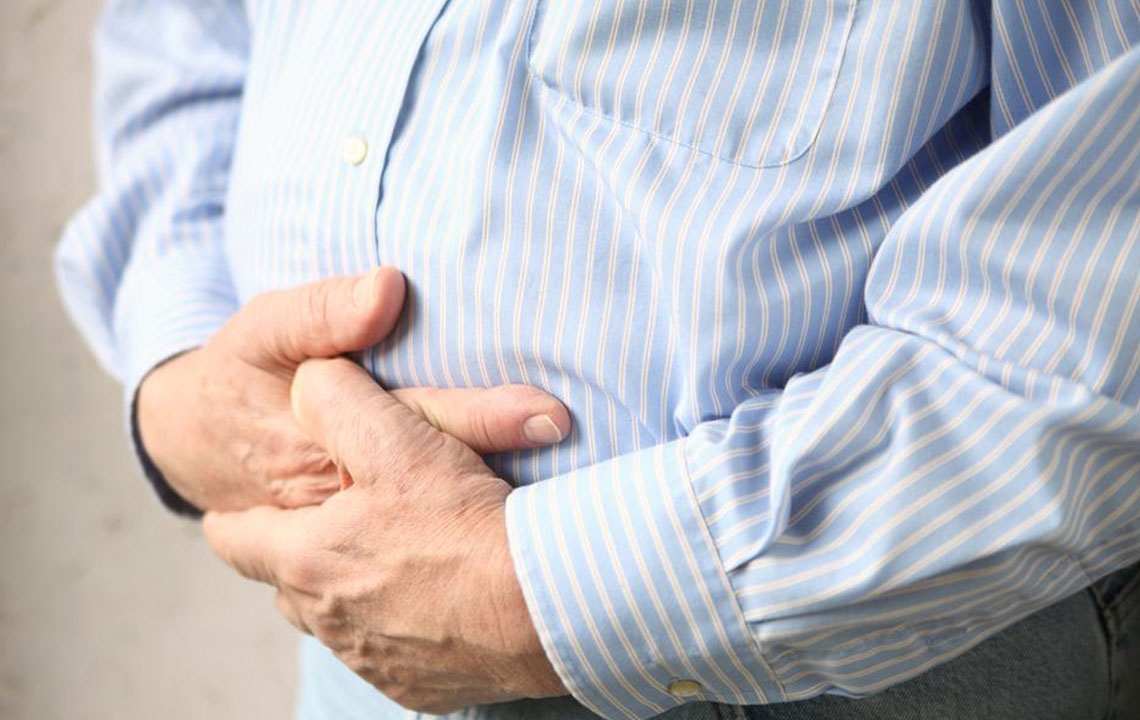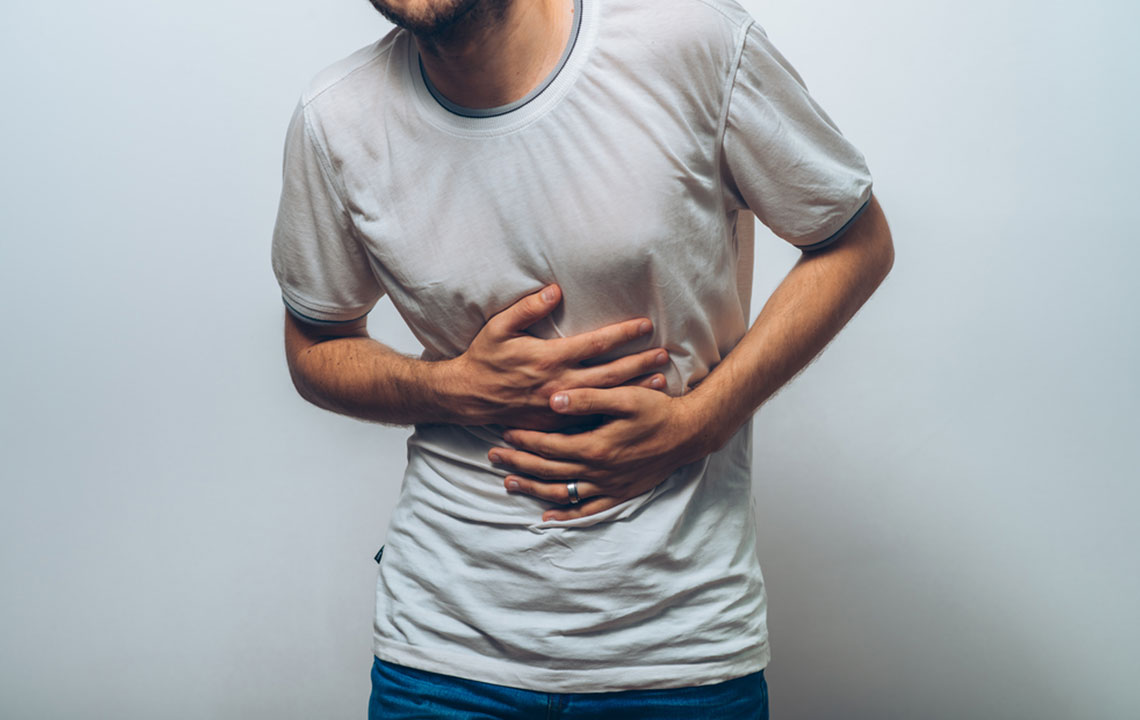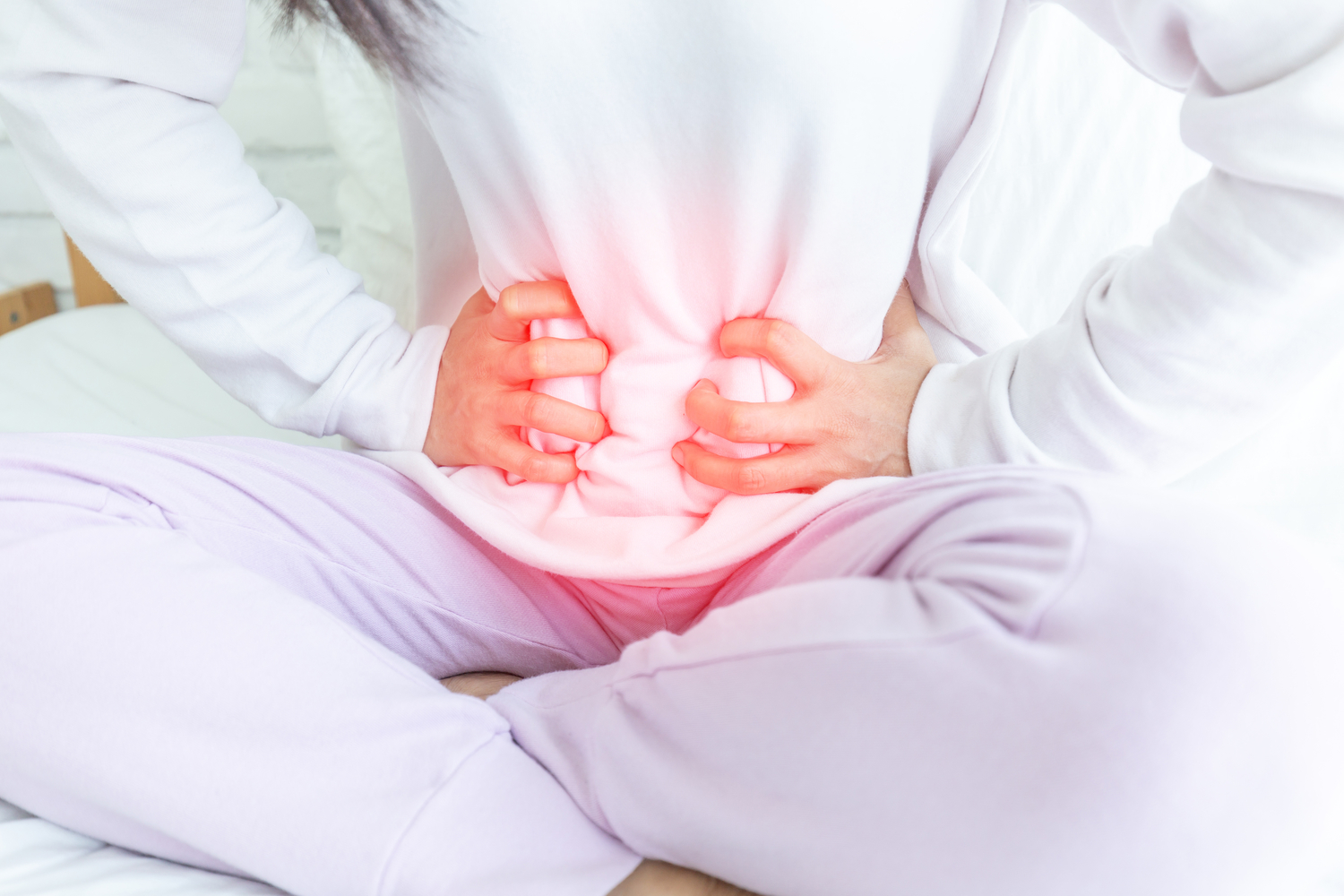Effective Strategies for Managing Diverticulitis
Learn effective strategies to manage diverticulitis, including dietary modifications, medical treatments, and surgical options for complicated cases. Early diagnosis and proper care can prevent severe complications and ensure better health outcomes.

Effective Strategies for Managing Diverticulitis
Diverticulitis, also called colon diverticulitis, is a digestive condition involving a range of issues. These can vary from no symptoms to uncomplicated or complex forms, including chronic or acute episodes. It results from inflammation in small pouch-like structures called diverticula, which develop along the colon wall. Persistent diverticulitis can cause intense pain and often needs medical intervention.
Causes and Signs
Although the exact cause remains unclear, a diet low in fiber is suspected to contribute. When fiber intake is insufficient, the colon works harder to move stool, leading to the formation of small pouches that may harbor bacteria, causing inflammation.
This condition's treatment varies based on symptom severity and duration, which can last from hours to days. Symptoms include lower abdominal pain, tenderness, or cramps, possibly worsened by movement, along with diarrhea, constipation, fever, chills, bloating, nausea, and loss of appetite.
Management and Care
Proper management typically leads to recovery in most cases. Even chronic diverticulitis can often be controlled with the right care. Moderate symptoms might be managed at home with pain relief, dietary adjustments, and monitoring. For mild pain and stable symptoms, doctors may recommend:
Pain relief measures
Outpatient treatment for uncomplicated cases
Diet modifications, initially low in fiber until symptoms improve, then gradually increasing fiber intake
More severe symptoms requiring hospitalization may involve fasting, IV fluids, and medications. Once symptoms subside, patients are advised to follow a high-fiber diet and undergo colonoscopy or imaging tests to rule out other issues like cancer or inflammatory bowel diseases.
Surgical Interventions
In rare circumstances where complications such as abscesses or perforation occur, surgery may be necessary. This involves removing the affected colon segment and reconnecting healthy parts. Sometimes, a temporary colostomy is performed to divert stool, which is later reversed. Surgery is considered for recurrent severe attacks or complications like perforation, bleeding, or persistent infections. About 6% of diverticulitis cases require surgery, with some patients experiencing recurrence despite treatment.
Consult your healthcare provider for personalized care options. Surgery decisions depend on individual health status and disease progression.
Important Note:
Our website offers informational content across various health topics. While intended for guidance, this information is not a substitute for professional medical advice. Always consult your healthcare provider for diagnosis and treatment of medical conditions.










